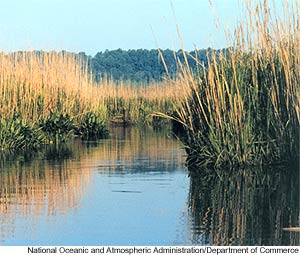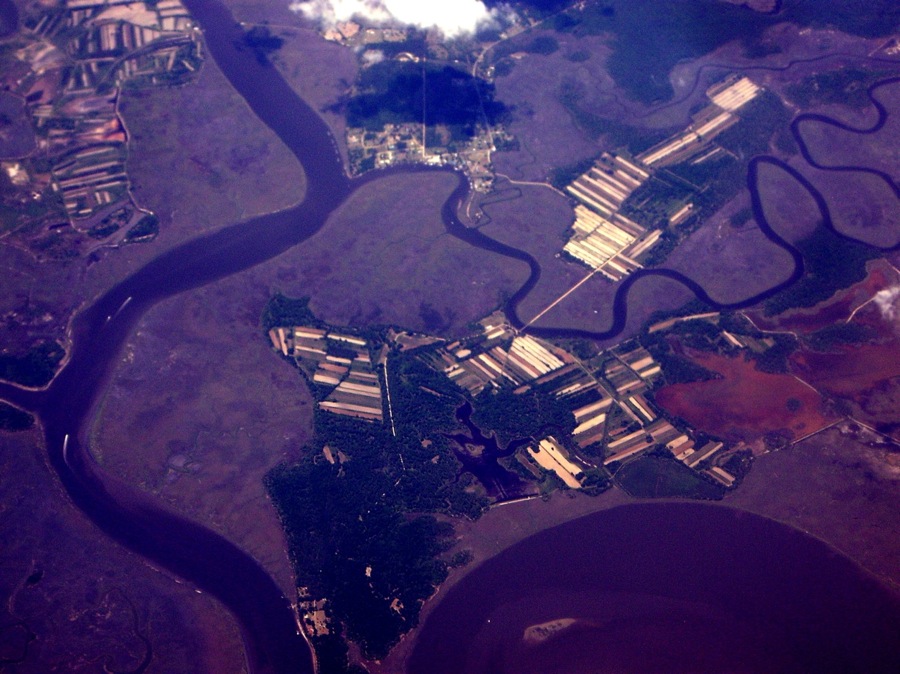

"Man is everywhere a disturbing agent. Wherever he plants his foot, the harmonies of nature are turned to discords."
 |
 |
|
|---|---|---|
| Geographical regeneration | ||
"Man is everywhere a disturbing agent. Wherever he plants his foot, the harmonies of nature are turned to discords." |
||
| — George Perkins Marsh — | ||
| Man and Nature, (1864), 36. | ||
| The entirety of the terrain is a unit. | ||
| • | fish | |
| • | soil | |
| • | trees | |
| • | water | |
| • | river siltation | |
| • | wildlife extinction | |
| restoration of disturbed harmonies | ||
| He asked if humans were of or above nature? | ||
"Man's improvement of the soil increases the erosion from the surface," and thus "compel the rivers to transport to heir mouths the earth derived from that erosion." and if this continues unabated "The destruction of every harbor . . . which receives a considerable river must inevitably take place. . . ."
p. 79. Marshes of the Ocean Shore
"Against this remarkable rebuttal of laissez-faire political economy, there would eventually arise a new awareness . . . ."
p. 111. Marshes of the Ocean Shore
 George Perkins Marsh represents a profound departure in American thinking about human geography:
George Perkins Marsh represents a profound departure in American thinking about human geography:
A. he was an internationalist (polyglot & diplomat)
B. he had an historical comprehension of the rise and fall of civilizations
C. his was a vision of global proportions with both rare geological depth and geographical scope.
D. he had considered what was necessary to forestall loss of fertility, harm to arable lands, & decay of natural systems on which they together depend.
E. he articulated the consequences of our ignorance of climate, terrain, and vegetation in the preservation of rivers, fisheries, wildlife and farms.
F. he was the fountainhead of the conservation movement (Mumford).
Lewis Mumford, The Brown Decades, for importance of land and G. P. Marsh discussion.
Man and Nature, or Physical Geography as Modified by Human Action (1864)
Among the 19th century's classical influences on geography, ecology, and resource management.
Why this is not ecology, or is it?